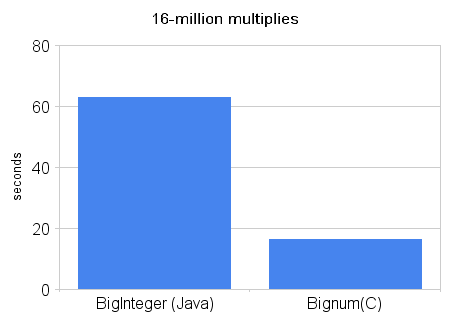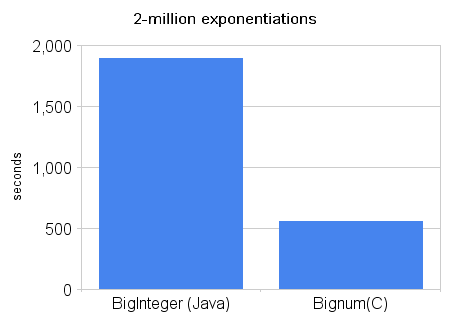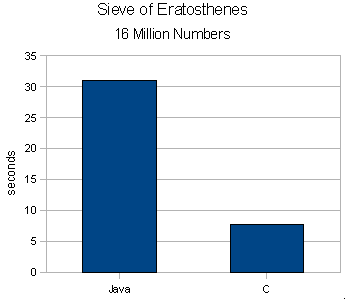I couldn’t seem to find any decent tabs for the songs Jiro plays in Android Kikaider: The Animation (an anime that used to play on Adult Swim a few years ago), so I made up my own.
Disclaimer: The following is my own interpretation, not to be sold, don’t sue me etc.
Jiro’s Theme
————————-5—————————————-
———6—–5—–6——-6———–6—–5—–6————
———7—–7—–7——————-7—–7—–7————
—–7——————————-7—————————-
-5———–5—–5————-5———–5—–5————–
——————————————————————
Theme of Gemini
—–11—10—–11————-11—10—–8————————–
-8——————8——-8—————–11—–9————–8–
———————————————————–8—10——
———————————————————————–
———————————————————————–
———————————————————————–
—–11—10—–11————-11—10—–8——————-8——
-8——————8——-8—————–11—–9—–11——-8–
———————————————————————–
———————————————————————–
———————————————————————–
———————————————————————–
———————————————————————–
-8—8h9—8————–11———————11———-8h9——-
—————10—8——–10——-10—8——–10—————–
———————————————————————–
———————————————————————–
———————————————————————–
—————-8——-8—8/9—9—————-8/9—9————-
-8—9—9h11—————————9———————-9——-
——————————————10———————10—-
———————————————————————–
———————————————————————–
———————————————————————–
———————————————————————–
——9—9/11——-11—11h13—–11-10——————————
-11——————————————————————–
———————————————————————–
———————————————————————–
———————————————————————–
—–11—10—–11————-11—10—–8————————–
-8——————8——-8—————–11—–9————–8–
———————————————————–8—10——
———————————————————————–
———————————————————————–
———————————————————————–
—–11—10—–11————-10h11—10—–8——————-8—–
-8——————8——-8——————–11—–9—–11——-8-
————————————————————————-
————————————————————————-
————————————————————————-
————————————————————————-
—–11—10—–11————-10h11—10/11—
-8——————8——-9——————-
————————————————
————————————————
————————————————
————————————————
–8-9—–9—9/11—11/13-
—————————
—————————
—————————
—————————
—————————




